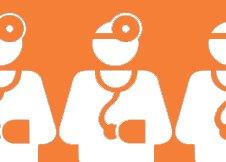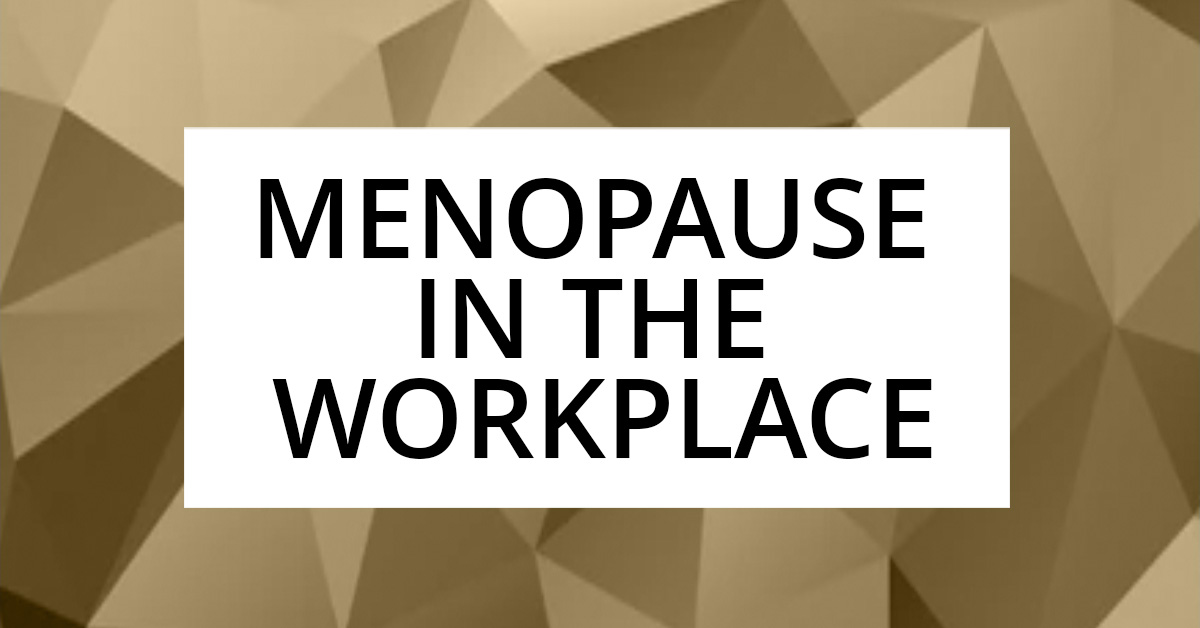Have you ever heard of genito-pelvic pain/penetration disorder, vulvodynia, atrophic vaginitis, genitourinary syndrome of menopause, female orgasmic disorder, hypoactive sexual desire disorder, dyspareunia, or vaginismus?
Of course not, but we do know when sex hurts —when we have no libido—and when we have problems with sexual arousal or orgasm.
Most of us are unfamiliar with our vulva. Yes, that is the technical name of the whole shebang. Tell that to the Vagina Monologues! The good news is that you won’t see a woman reorganizing her “junk” in public. Everything is tucked away in its place. However, the bad news is – out of sight, out of mind. We can’t see it all, so most of us are unfamiliar with the wonders of the vulva.
I have recently learned that the vulva is the house of the uterus or womb and provides the lips for protection, called the labia majora and minora. I had never heard of these parts of my body. In fact, when I heard these names, I thought they were referring to a couple of fabulous Greek towns.
What about the pleasure center of the vulva, the clitoris? Did someone teach you about this in health class? Probably not. NO ONE speaks of this world-class wonder because it doesn’t have a role in reproduction —- and heaven forbid we consider educating both women and men on the women’s pleasure center.
Time to end this silence and deflower our vulva!
For help, I reached out to Dr. James Simon, a Washington, D.C.-based Gynecologist, professor of OBGYN at George Washington University Hospital, and Founder of IntimMedicine Specialists. His interests include the clinical management of peri-and postmenopausal women, female sexual dysfunction, osteoporosis, clinical densitometry, contraception, and reproductive endocrinology. He also has served as a principal investigator on more than 300 women’s health clinical trials for the National Institutes of Health and the American Heart Association. He is a past president of the North American Menopause Society and the International Society for the Study of Women’s Sexual Health. Get my drift — he is a fantastic advocate of women’s health!!!!
I gathered all the questions I have received from you over the years. Dr. Simon very generously took the time to share his perspective with us. Here goes:
Can you give us a little Vulva 101 primer?
The vulva (not the vagina) is two different tissues, the actual vulva (skin, some parts with hair) and the vestibule. The vestibule is not skin in the truest sense. It is derived from totally different tissue than the vagina or the vulva proper. The vestibule is derived from the same tissue that lines the urethra and the inside of the bladder. The vestibule is extremely sensitive (as you can imagine from its origin) and is the cause of most pain with penetration following the first episodes of intercourse when the penetrative pain comes from hymenal tissue stretching and commonly tearing.
What percentage of women have an orgasm from penetration?
The answer to this question varies with the age and population of individuals surveyed. However, the “orgasm gap” between men (about 90% having an orgasm with intercourse) and women (less than 50% and typically 20-25% having an orgasm with intercourse) remains.
Does a woman need to have an orgasm to experience pleasure?
No, and neither do men. Pleasure takes many forms during sex and changes with the individual and the circumstances. Many older men and women enjoy the closeness and intimacy of sex. One, the other, or both may still have pleasure without orgasm.
Do the mind, thoughts, and emotions affect a woman’s psychological and sexual development?
Absolutely. So do early sexual experiences and their circumstances.
I read that 75% of all women have had sexual pain during their lifetime. Can you comment on this?
Sexual pain can occur from many different causes. Women frequently have pain or discomfort from their first penetrative experiences, whether with sex or inserting a tampon. During young adulthood, they may have pain from dryness due to hormonal contraception or the tissue effects caused by contraceptives, dryer sheets, and other environmental irritants. In older women, pain can come from menopausal changes and loss of hormonal balance. Women of all ages can develop skin disorders which can cause pain.
What are the biggest misconceptions about women’s sexual health vs. men’s?
Here are three (in no particular order)
That: Women’s sexual desire is less than men’s sexual desire.
That: Women reliably achieve orgasm during intercourse.
That: Loss of sexual desire is always because of a troubled relationship, depression, or some other psychosocial factor.
Most of us have had no sexual health education. Sadly, the internet is flooded with distorted ideas about sex. How do we talk about our sexual desires with our lovers?
There is no one way. Different people listen and hear in unique ways, and the approach must be tailored to the individuals involved. I always suggest direct discussion in a safe place, typically outside the bedroom. If a coach or therapist is needed, he/she can be helpful. In discussing sex with your partner, I always suggest using “I” language. An example can help explain what I mean: If I say: “I’d like you to do “it” more softly,” the connotation is very different than: “You’re doing it too hard.” The latter is blaming, and the former is requesting. Using the former is likely to get a positive result. The latter, not so much.
How do we introduce devices to our partners?
There is excellent data demonstrating that most partners are open to toys/vibrators and other devices in the bedroom. Vibratory stimulation is often preserved even when other sensory stimuli are lost (i.e., with aging, vascular disease, nerve injury, etc.) or just with aging. Most lovers, by definition, want their intimate partner to enjoy sex and if achieving orgasm is possible or desirable, then sexual devices can help, especially in narrowing the “orgasm gap.” As previously mentioned, I always suggest having this open, honest discussion outside the bedroom.
How can we educate our partners if we have sexual health issues or concerns?
Plain talk after research or education on the facts, not some internet fantasy.
When one partner has a sexual dysfunction, such as when penetration hurts – how does this cause a sexual dysfunction in your partner? Or vice versa? What can you do about that emotional and physical impact?
There is no one answer to this complicated question. I usually suggest a multipronged approach. Try and fix the problem and explain it to the partner while finding a “workaround” in the process. We humans, being creatures of habit, often settle into a scripted sexual routine. If a medical problem gets in the way of the script, sometimes creative thinking seems beyond the thought process. I have made suggestions to couples for 40 years under such circumstances, mostly to the response of, “why didn’t I think of that.”
Men have many options for erectile dysfunction, and the internet is exploding about how to find those options. What are the options for women experiencing low libido or difficulty orgasming (Is that a word?!)?
There are two FDA-approved treatments for low libido (Addyi and Vyleesi), and many others with documented efficacy/benefit that are used “off label,” the most common of these is testosterone in postmenopausal women. Difficulty with orgasm is usually treated by increasing desire, as noted above, and by improving arousal (think Viagra, Levitra, Cialis, etc……yes, in women), and improving stimulation (see the comments about toys/vibrators listed above)
If a woman is experiencing sexual health issues, what medical professional should she reach out to first?
This may depend upon where she lives. Her primary care provider (Internist/Family physician or gynecologist) If he/she doesn’t know how to help, they should be able to refer to someone who does.
What tips do you have for women to help them have this complicated conversation without shame or guilt?
Shame and guilt are tough. We are indoctrinated with them from childhood. Sex is one of the most natural human behaviors and should be completely free of shame or guilt but are not. Every individual is different here, and changing the shame and guilt associated with their sexual issue(s) must be handled individually.
Who does a woman go to for sexual health issues?
Ladies, our brain is the biggest sex organ we have! Information is power. Thankfully, we have outstanding experts such as Dr. Simon, who is on top of the cutting-edge science for women in midlife. If you need expert advice with perimenopause, post-menopause, hormones, and/or sexual function, Dr. Simon is available for a telemedicine consultation. He is brilliant, kind, and incredibly enthusiastic about helping women. Do not suffer in silence. You can make an appointment by going to his website at IntimMedicince.
Prioritize your health this year and get the help you need and deserve!
Thank you, Dr. Simon!
My Motto: Suffering in silence is OUT! Reaching out is IN!
Sign up for MENOPAUSE MONDAYS® Blogs
Be sure to follow me on Instagram @menopause_mondays.
Follow me on TikTok @menopausemondays
Sign up for my fun YouTube Videos!
Download my free eBook: MENOPAUSE MONDAYS the Girlfriend’s Guide to Surviving and Thriving During Perimenopause and Menopause.
*EllenDolgen.com does not recommend, endorse, or make any representation about any tests, studies, practices, procedures, treatments, services, opinions, healthcare providers, physicians, or medical institutions that may be mentioned or referenced.





